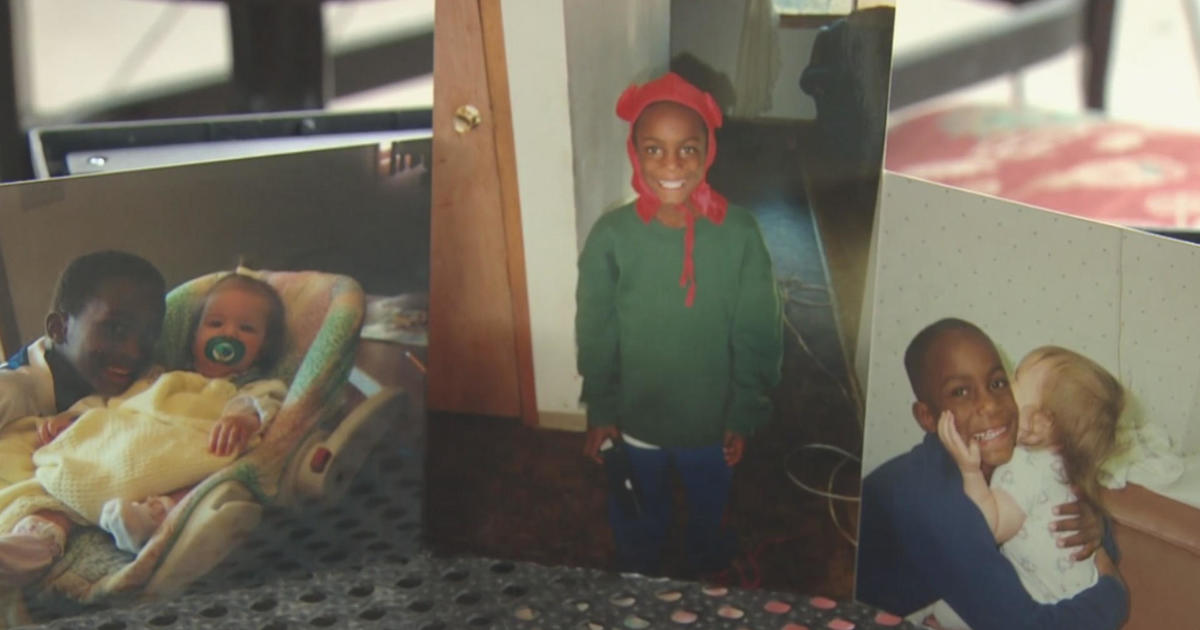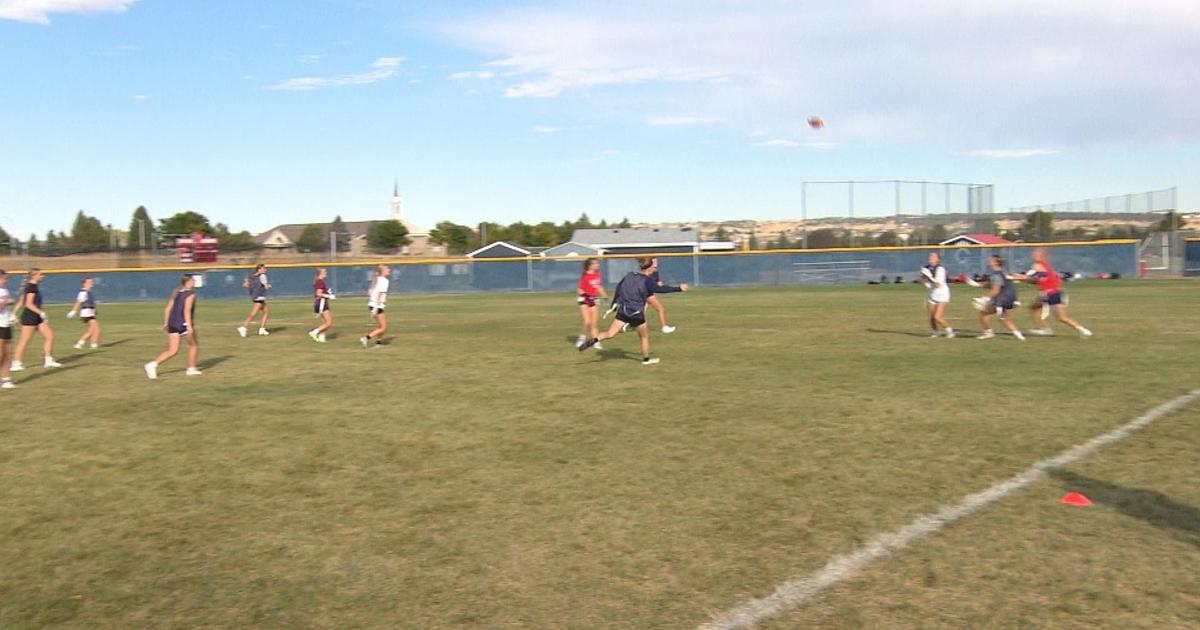Colorado, Wisconsin Officials Discuss School Safety
MILWAUKEE (AP) - School shooters almost always telegraph their violent plans ahead of time, a tendency that could help authorities prevent assaults as long as those close to the person plotting an attack come forward in time, panelists said Tuesday at a summit for the nation's attorneys general.
There's a general perception that shooters are people who just snap after having a bad day, said Susan Riseling, police chief at the University of Wisconsin-Madison. Instead the opposite is true: These individuals are so meticulous about their crimes that they'll often study the shooting site ahead of time to strategize their actions, she said.
"Please remember that nobody snaps. This is a process," Riseling said at the summit of the National Association of Attorneys General in downtown Milwaukee. "If you know what to look for you will see it coming. The good news about that is that if you can see it coming you can stop it."
The focus of the summit, which attracted attorneys general from 18 U.S. states and territories, was keeping children safe.
Riseling said she studied thousands of mass shootings over two decades and found that shooters always follow the same five steps: They fantasize about the attack, plan it, prepare for it, practice it and finally carry it out.
She was even willing to make a prediction about the former Navy reservist who killed 12 people at the Washington Navy Yard on Monday morning before dying in a gun battle with police.
"They're going to carve up this person's life and they're going to find all of these indications," Riseling said. "... We will find out the Navy yard shooter yesterday went through these five stages."
She said the key to stopping school shootings is to intervene before the shooter advances beyond the planning stages.
That's the strategy officials have developed in Colorado, where 12 students and one teacher were killed in the 1999 shooting at Columbine High School and where 12 people were killed last year at an Aurora movie theater. The state has spearheaded a program aimed at targeting acquaintances of possible shooters and encouraging them to speak up ahead of time, said Cynthia Coffman, Colorado's chief deputy attorney general.
"We want to encourage them to break the code of silence, to speak up when they feel a threat to themselves or their environment," she said.
Colorado set up a hotline for students and teachers to report violence or threats. The hotline guarantees anonymity and offers no cash rewards, because the state didn't want to incentivize kids to delay their reporting in hopes of cashing in, Coffman said.
Because of the hotline and other intervention efforts, 28 planned school attacks have been stopped in the state since 2004, she said. In every case the potential shooter had articulated a plan - orally or in writing - and had begun stockpiling weapons or assembling a pipe bomb, she said.
"In many cases there was a hit list as well, of students they wanted to target," she added.
Intervention efforts also have helped authorities address bullying, child abuse and students with suicidal thoughts, Coffman said.
The attorneys general summit runs through Wednesday. Other child safety panels address issues such as drug abuse and child trafficking.
- By DINESH RAMDE, Associated Press
(© Copyright 2013 The Associated Press. All Rights Reserved. This material may not be published, broadcast, rewritten or redistributed.)



